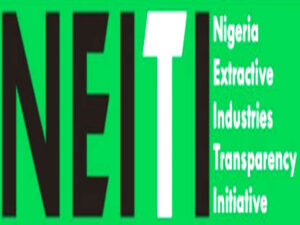Between April and August, the global oil price experienced a significant drop, influenced by a combination of factors including weakening demand and increased supply.
The decline was particularly notable in August, with prices falling below $70 per barrel for Brent crude.
In this report, Daily Trust highlights the month-by-month timeline of the decline between April and August.
April 2025: Sharp losses after OPEC+ boosts output
On April 3, oil prices plunged over 6%, with Brent crude dipping to approximately $70.34 and West Texas Intermediate (WTI) to $66.95, following an OPEC+ decision to boost production.
5 illegal crude oil dumps uncovered in Abuja, 7 suspects arrested
On April 8, WTI closed below $60—as low as $58.95—and Brent fell to $63.15, hitting the weakest levels since 2021.
On April 9, Brent momentarily dropped as low as $58.46, though it later recovered to $64.82.
May 2025: Slight rebound amid trade optimism
Prices rebounded slightly—Brent to $63.91, WTI to $61.02—after a positive U.S.–UK trade deal and optimism about improving U.S.–China relations.
Modest volatility; Brent oscillated between $64.78–$65.41, while WTI ranged $60.79–$62.49, amid concerns over OPEC+ increasing output.
June 2025: Forecasts cut despite geopolitical tensions
In June, forecasts were trimmed from $72 to $63 amid expected oversupply and weak demand.
Iran threatened to close the Strait of Hormuz, which could have caused prices to surge beyond $100–$150—but markets saw prices remain subdued under $70 by June 23.
August 2025: Multi-year lows as demand weakens
According to a report on Majorwaves Energy, Brent crude fell below $70 per barrel, reaching its lowest price since December 2021.
WTI also experienced a significant drop, settling at $66.06 per barrel.
The price decline was linked to concerns about weakening oil demand in major economies like the United States and China.
Impact on Nigeria’s fiscal plan
The decline could further put Nigeria’s fiscal plan, especially for the 2025 financial year, in serious jeopardy.
With already limited revenue streams and heavy dependence on oil earnings, a worsening fiscal outlook would not only deepen the Federal Government’s budget deficit but also strain its ability to finance critical sectors such as infrastructure, healthcare, and education.
It could compel the government to rely more heavily on borrowing, thereby increasing debt servicing obligations and limiting fiscal flexibility.
In turn, this may undermine investor confidence, exert pressure on the naira, and heighten inflationary risks, ultimately complicating the implementation of economic reforms and social programmes.





